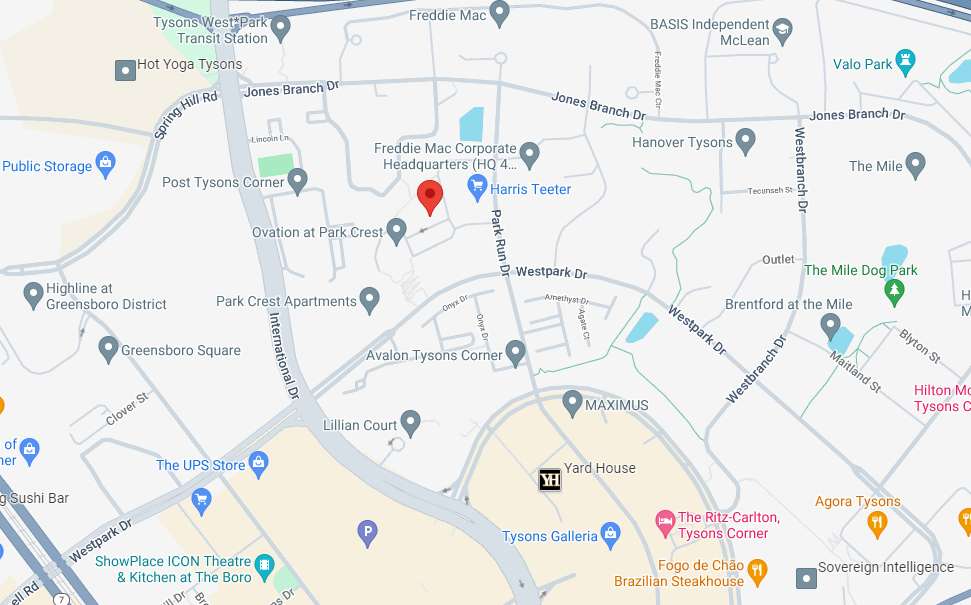By Criminal Defense Attorney David Clark of David Clark Attorney at Law
In 2018, a new piece of criminal justice reform legislation called the First Step Act was signed into law by Congress.
The First Step Act creates the opportunity for prisoners to work for an early release by engaging in good behavior, job training and counseling. It includes valuable correctional reforms, such as providing inmates access to important medication-assisted treatment and prioritizes placing inmates in facilities closer to their homes.
The act also deviates from the antiquated structure of minimum sentencing and allows judges or juries to decide prison terms that they feel are appropriate for the crime and the criminal. This unique and revolutionary law aims at reducing recidivism, the tendency of a convicted criminal to reoffend.
The First Step Act passed with overwhelming bipartisan and presidential support. In the time since its passing, the legislation has been put to the test as to how effective it can be in practice. Since December 2018, the Bureau of Prisons (BOP) has seen an increase in 1,700 volunteers within the system. Moreover, 2,471 fair sentencing orders have been granted, 124 compassionate releases have been approved, and 382 elderly offenders have been given the opportunity to serve the remainder of their sentences under home confinement.
Twenty new contacts have been made between employers and the BOP, critically assisting the Ready to Work initiative that provides employment and community reintegration to former inmates.
While the benefits of the First Step Act remain clear, some drawbacks have also become apparent. For example, prisoner Joel Francisco, who was originally serving a life sentence for the distribution of crack cocaine, became involved with the First Step Program 14 years into his sentence. After demonstrating good behavior and engaging in career training and counseling, Francisco was granted an early release. Shortly thereafter, he was accused of a brutal stabbing murder in Providence, Rhode Island.
Francisco’s story is a perfect example of the slow and challenging process of implementing effective criminal justice reform. Even with solutions that exhibit overwhelming stories of success, crime continues to be a prevalent issue in American society.
The benefits of the act may be lost or overshadowed in the wake of cases like Francisco’s where tragic recidivism would not have occurred if not for the First Step Act. Only time will tell whether the First Step Act will eventually be viewed as a success or failure in the slow process of criminal sentencing reform.






